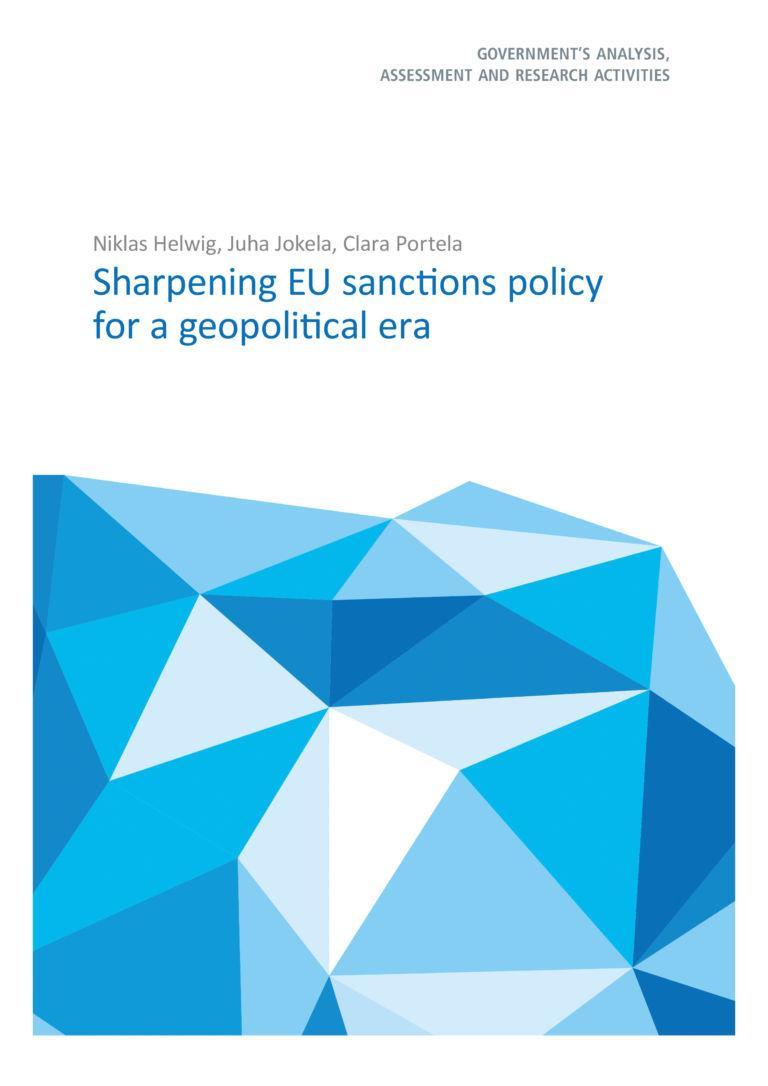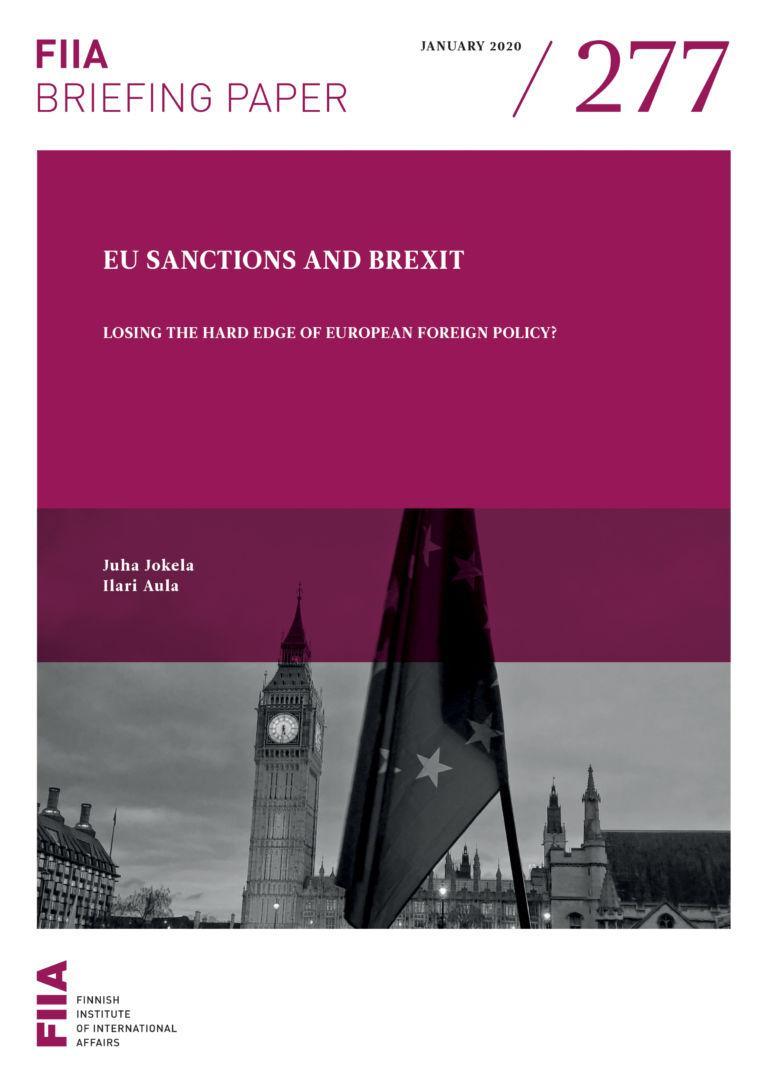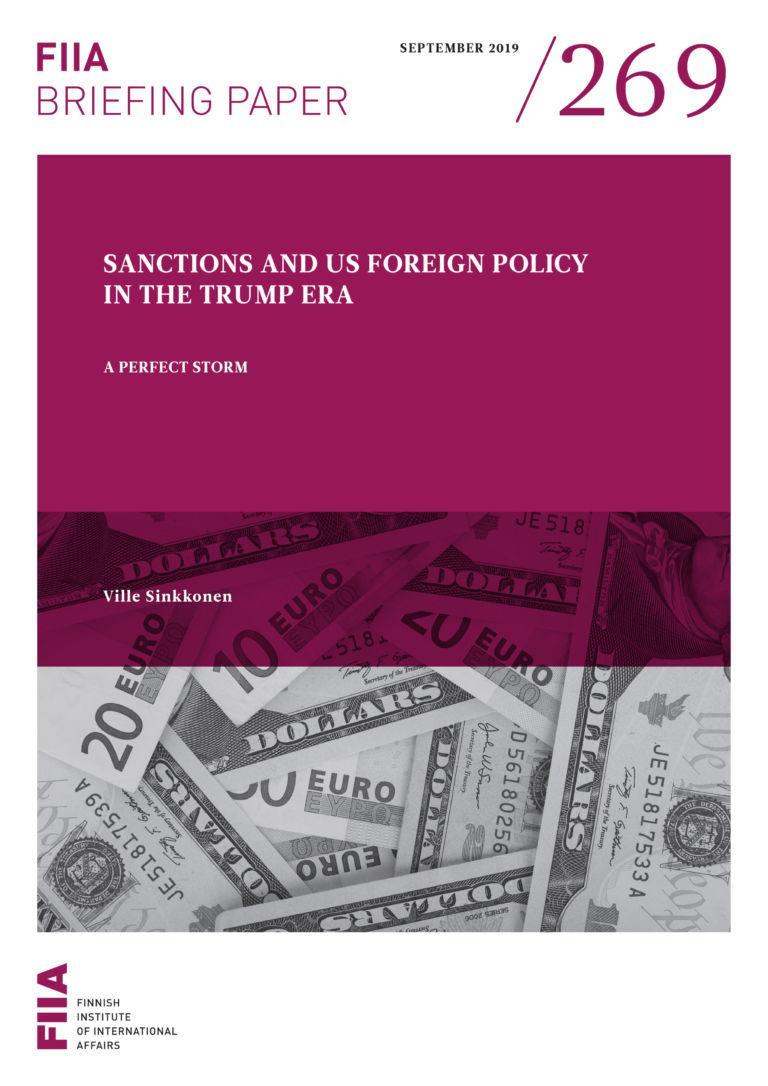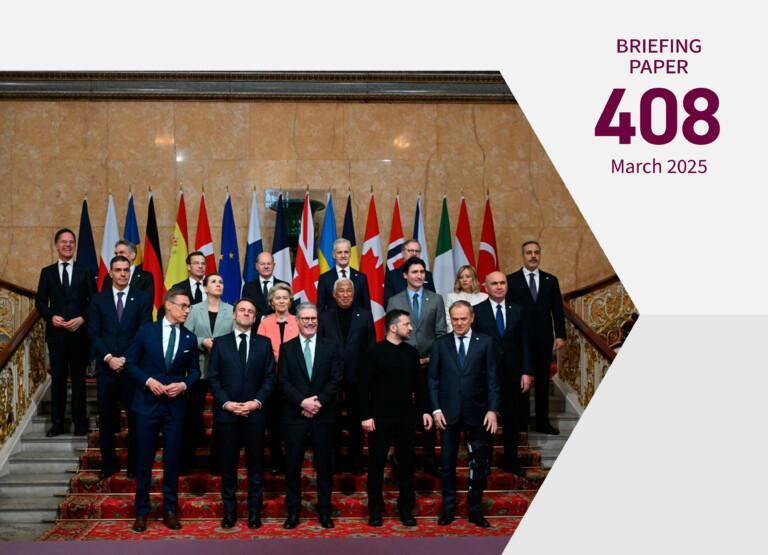
The European Union (EU) increasingly uses sanctions in order to respond to breaches of international norms and adverse security developments in its neighbourhood and beyond. This study provides a comprehensive analysis of the current state of EU sanctions and discusses options on how to maintain them as an effective tool.
The study identifies the withdrawal of the UK as one of main architects of the instrument and an increasingly unilateral and unpredictable US sanctions policy as key challenges. In addition, the EU’s machinery for planning, deciding, implementing and enforcing sanctions exposes vulnerabilities in an increasingly geopolitical environment.
The current shifts in international relations constitute an opportunity to clarify the strategic nature of EU sanctions and to fine-tune the sanctions machinery. EU unity and a joint diplomatic approach to international crises are vital for the success of the policy tool. Consequently, the efforts to improve the instrument need to ensure member states’ ownership of EU sanctions policy.
Our economic analysis of Russia sanctions and countermeasures reveals rather minor macroeconomic repercussions for the EU and Finnish economy. The efforts to sharpen EU sanctions policy is important for Finland as one of the smaller and export oriented countries in the EU given the increasingly turbulent world marked by geopolitical competition.
This publication is final report of a research project conducted by FIIA and ETLA entitled “Development of EU’s Sanctions Policy: Political and economic implications for Finland”. The project is part of the implementation of the Government Plan for Analysis, Assessment and Research for 2019 (https://tietokayttoon.fi/en/frontpageavautuu uuteen ikkunaan).











